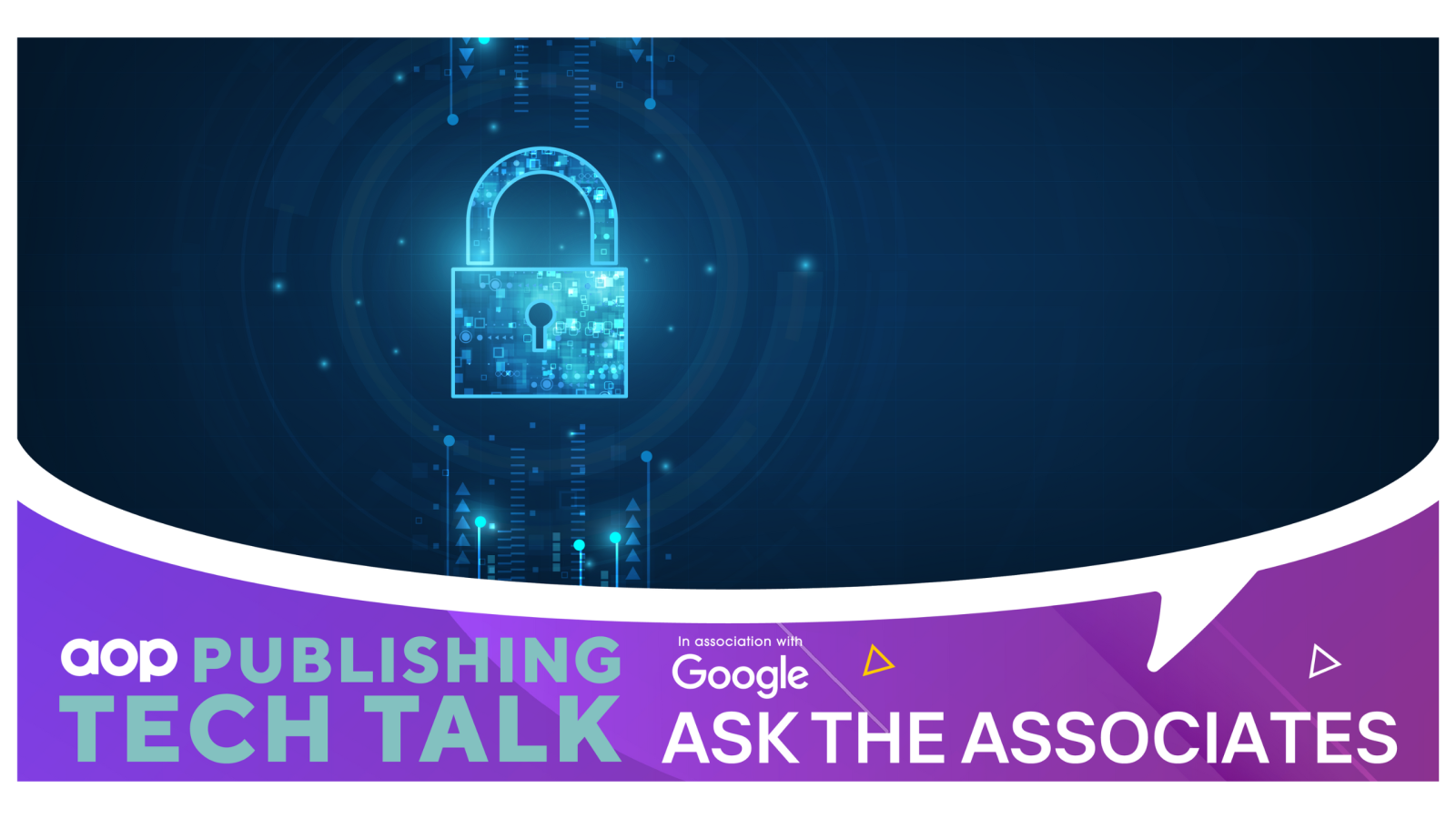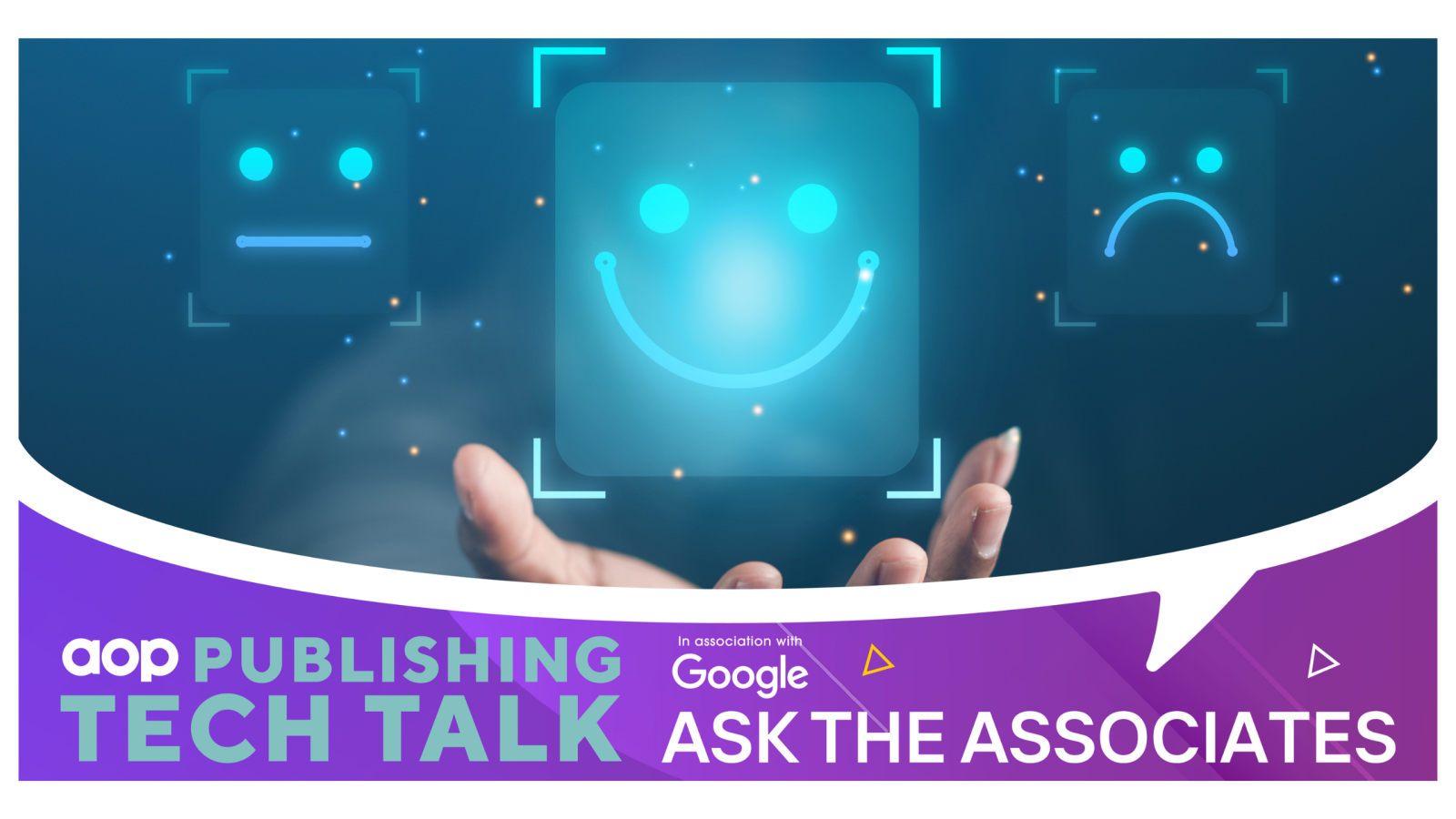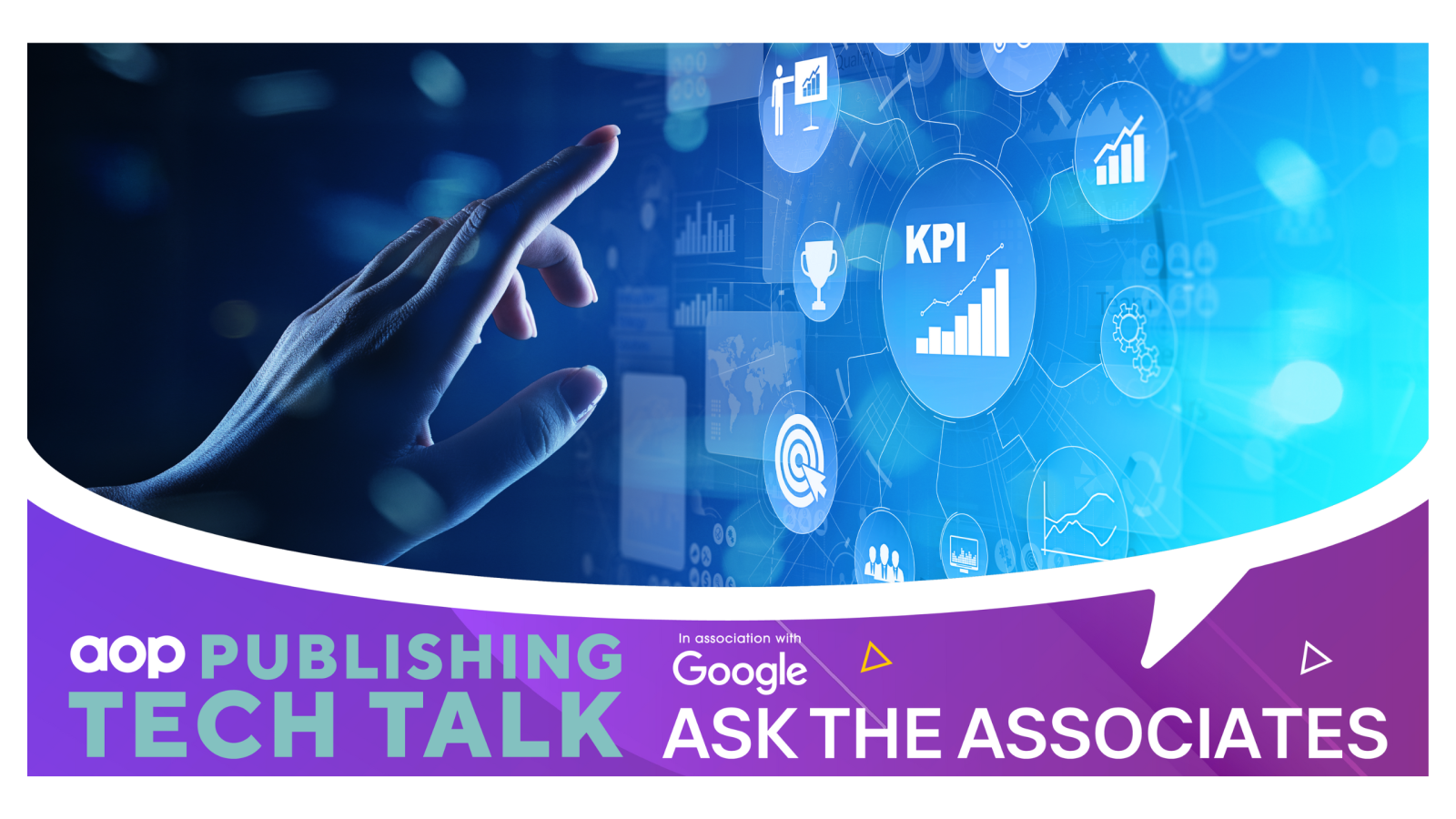
Ten paths to regaining control of the identity narrative
Published: 11 Oct 2022
Quality digital publishers find themselves in a privileged position as the privacy landscape continues to evolve. As the industry shifts to accommodate data privacy regulations and the demise of third-party cookies, advertisers are increasingly looking for reliable ways to connect and engage with their primary audiences, opening the door for publishers with detailed understanding of their audiences to take a more prominent role within the ecosystem.
We asked our expert Associates to share their suggestions to help publishers take control of the privacy and identity narrative to help you successfully leverage the strength of your quality environments.
Go beyond compliance – take the time to build trust with your audience
Compliance with regulations such as GDPR, CCPA, and LGBD are now table stakes for publishers. What we recommend is going one step beyond mere compliance and thinking about how you can build positive, trusting relationships directly with users. This means being transparent about your data storage and processing practices, setting 24-hour SLAs for subject access requests, and collecting consented first-party data—which you can then package and expose to advertisers via direct deals and PMPs to derive a premium on your inventory.
James Van Sweringen, Director of Revenue Operations, Blockthrough
Partner with advertisers to create content that resonates
A new era has arrived in advertising where consumers demand privacy; honestly, we see this as an opportunity for publishers. This new privacy era is leading to a resurgence of content-led and contextually relevant advertising as an alternative to data targeting. Publishers can write the next chapter of this story by partnering with advertisers to develop and scale sponsored and branded content that resonates with the publisher's audience.
David Jenkins, Commercial Director EMEA, Nativo
Embrace ‘open gardens’ to regain control
To win advertising budgets post-cookie, publishers must deliver high-quality inventory and audiences at scale. Solutions that leak data into the bidstream take control away from the publisher, while first-party data on its own does not deliver scale and precision targeting. ‘Open gardens’ bundle up data and inventory with other premium publishers, giving content creators the leverage to sell access to their quality environments on their own terms via PMPs and direct deals.
Mattia Fosci, Founder & CEO, ID Ward
Begin collecting zero-party data now
After third-party cookies dissolve, publishers will need to rely heavily on their own data. There are more publishers already heavily using their own data and seeing promising results. Zero-party data – which is information that audiences actively and willingly provide to companies, thereby making it privacy-compliant – will be paramount. Publishers should collect zero-party data now via interactive experiences on their website to build audience profiles for segmentation and retargeting. Securing zero-party data now is the way to future-proof your business.
Marc Thomas, GM, EMEA, EX.CO
Invest today in solutions that will deliver value and scale tomorrow
Invest now in addressable solutions to capitalise on impressions within cookie-restricted browsers
While Google will further delay third-party cookie deprecation until 2024, other major browsers, such as Safari and Firefox, have already restricted cookies. This means that investing in addressable solutions today will increase the value of your impressions on those browsers–while also future-proofing your digital strategy on Chrome.
In order to launch a successful addressability strategy, consider the strategy comprehensively, including how various Universal IDs will scale, where your audience accesses your content, and managing your first-party data. Then, test and analyse these approaches to understand which addressable solutions provide the best returns. With so many variables, now is the time to start building your post-cookie strategy.
Sara Vincent, MD UK&IE, Index Exchange
Identify new ways to use first party durable solutions
To prepare for the future and third party cookie deprecation, Publishers should invest in privacy-durable solutions that give them greater control of their first-party data and how they can use it with their advertising partners. Google recently announced the launch of a new tool - Publisher provided Signals - to allow publishers to securely share their first-party data with trusted advertisers according to the seller-defined audiences protocol. You can learn more on this and other privacy solutions in the blogpost on new ways to use 1st party durable solutions
Mathilde Verron, Privacy Lead, Google
Educating your audience on how their data is being used
It is quite simple. If publishers truly want to rewrite the narrative and take back control of their quality environments, they should make sure that consumers fully and truly understand how their data is processed and passed through the supply chain. Many players believe that the industry is over-complicating things, so creating a transparent and acceptable value exchange has become paramount for publishers to take control of privacy matters.
Russell James, Senior Director, Publisher Development, Ogury
Reclaim your role in the advertising ecosystem as data guardians
Privacy regulation is creating a growing data gap in the market that publishers can fill. Publishers hold a one-to-one relationship with their users and can make audiences available in the form of privacy-safe cohorts built from publishers' consented first-party data. This means that publishers are the guardians of user data, and play a central role in the process of discovering, planning for, and activating audiences - regaining their rightful place in the advertising ecosystem.
Thomas Baart, Customer Success Manager, Permutive
Collaboration is needed for transparency and to fill in addressability gaps
Regulatory and privacy related changes are forcing a complete re-imagining of online advertising today. Yet there is a huge opportunity for publishers to assume a larger role in the advertising value chain, potentially reversing the trend of disintermediation that's occurred in recent decades. To seize the opportunity, publishers must collaborate to fill in the addressability gaps and provide much needed transparency as to how they package audiences to perform for their advertising partners.
Peter Cunha, Managing Director, Sovrn Ad Management
Work with trusted partners that share your values
Publishers can balance privacy and identity by working with trusted partners that have data protection mechanisms baked into their technology. When evaluating identity partners, the first thing to check is how the solution provider manages people’s data sharing preferences and consent signals. The next step is to make sure that the consented data is also protected. Trustworthy identity providers offer encryption systems that ensure the data is shared with authorised technology partners only. With the right partners on their side, publishers should not worry about data leakage and privacy.
Jessica Werner, Senior Director of Publisher Development, ID5
We’ll be continuing the discussions at AOP Publishing Tech Talk this Wednesday and Thursday. Join us in London on Thursday to learn more about how publishers are re-thinking their strategies regarding privacy and identity to take your own approaches to the next level. Find out more here.
Categories: AOP News | Ask the Associates


